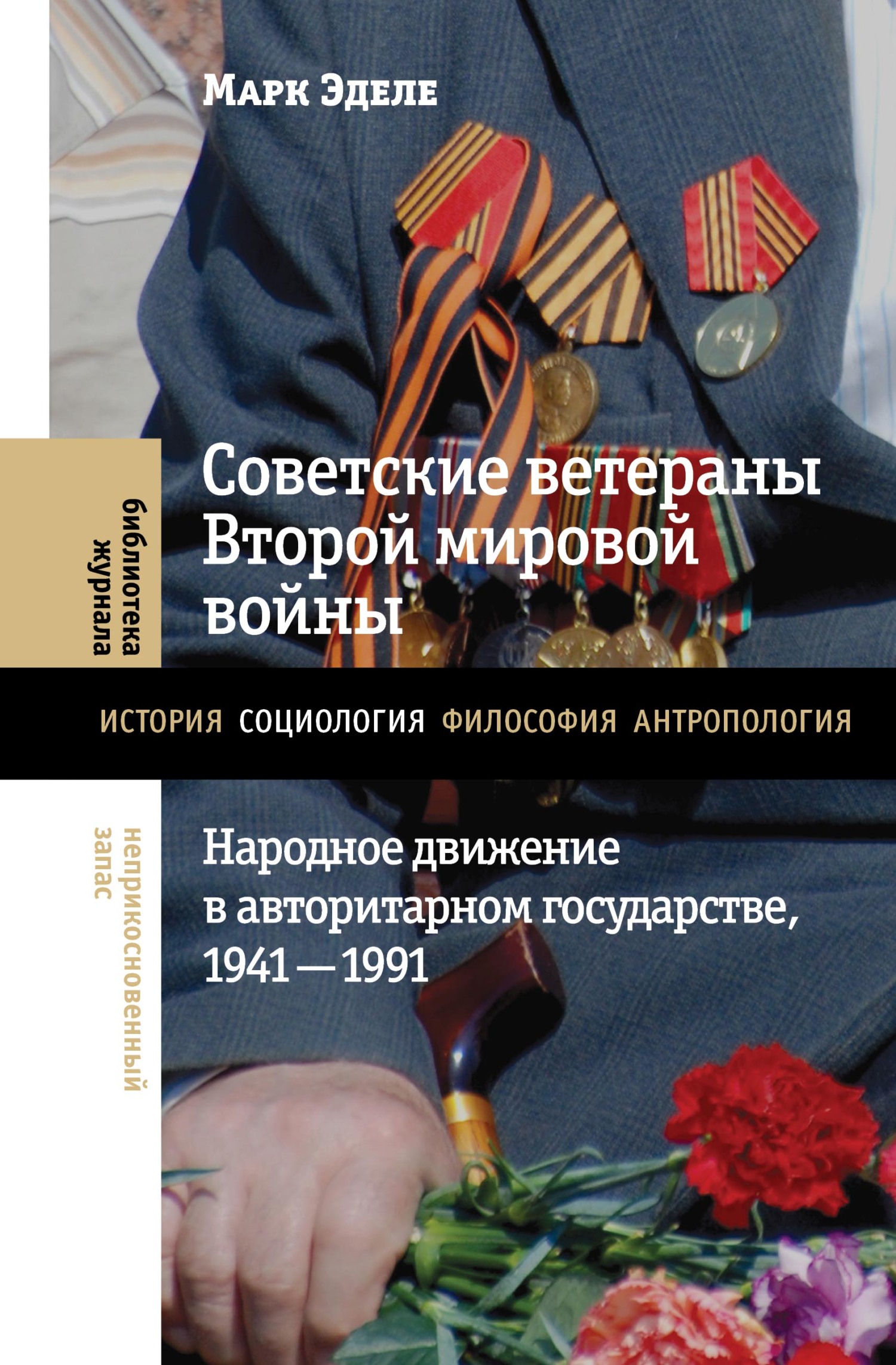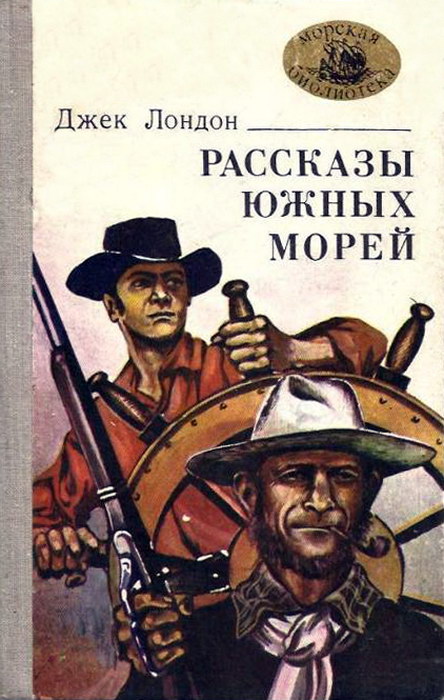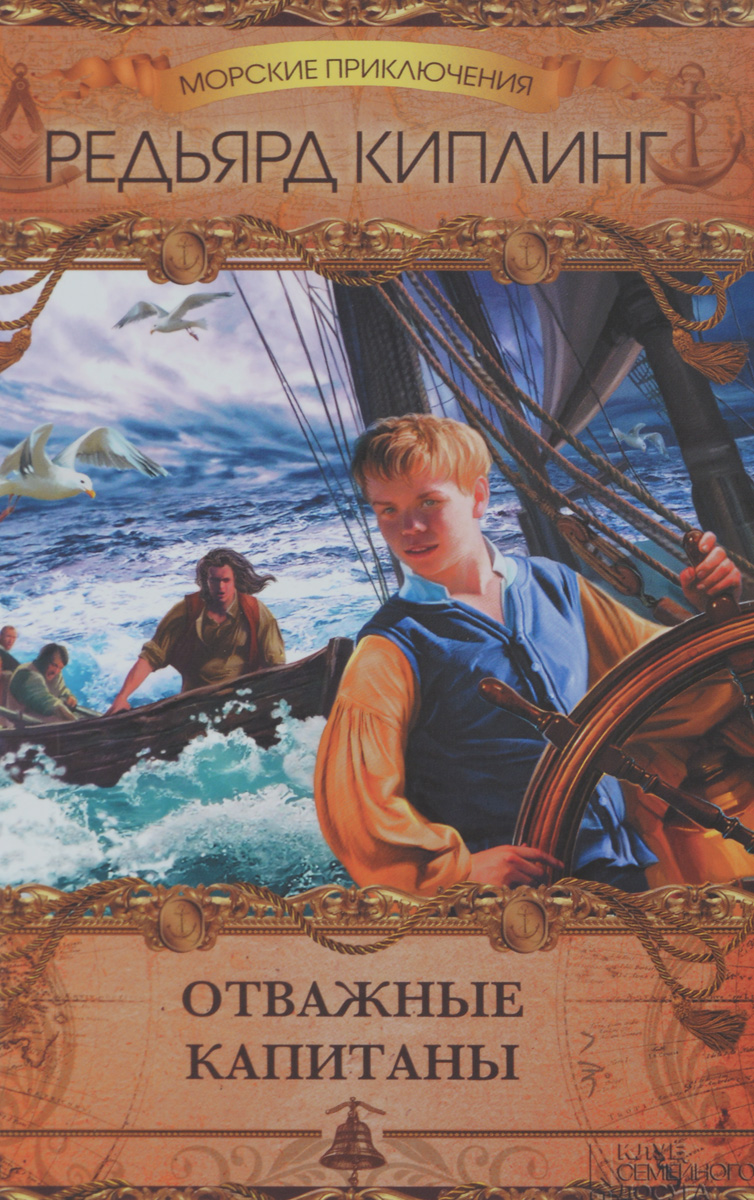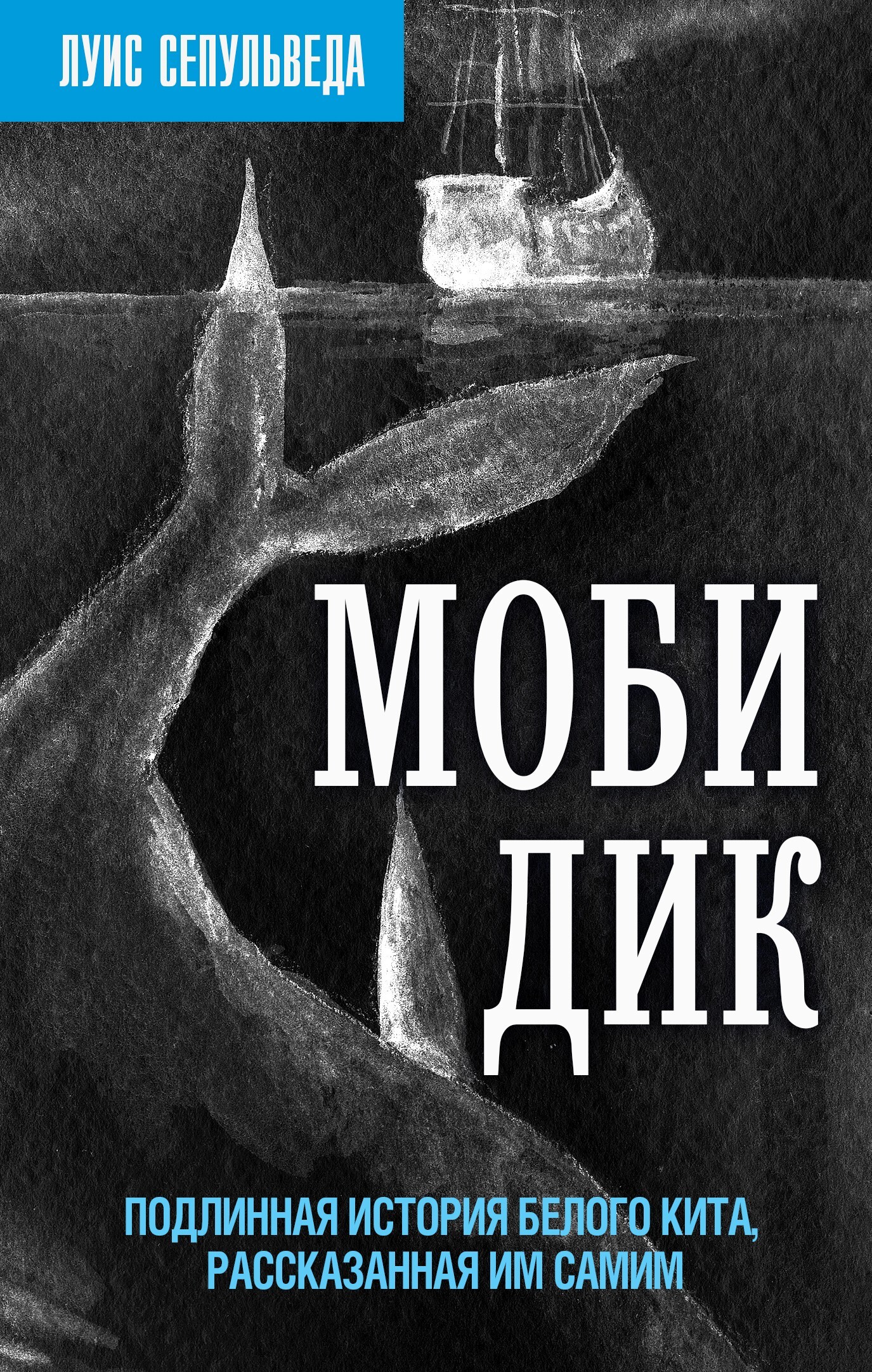Шрифт:
Закладка:
Среди трагических последствий войны с нацистской Германией – колоссальных человеческих жертв и разрушений – Советскому Союзу пришлось столкнуться с проблемой помощи миллионам травмированных и искалеченных людей, вернувшихся с фронта к гражданской жизни. Книга Марка Эделе прослеживает историю ветеранов Великой Отечественной войны с первых послевоенных лет и до распада СССР в 1991 году. Историк показывает, как в рамках советского режима зарождалось и развивалось народное движение бывших фронтовиков, целью которого было добиться признания их заслуг перед страной и прав на различные привилегии. Для этого им приходилось преодолевать известное сопротивление со стороны государства, которое не спешило признавать их отдельной социальной группой, подозревало в политической нелояльности и не желало нести расходы за предоставление ветеранам особого статуса. Автор ставит перед собой задачу продемонстрировать, как в 1978 году, вопреки сопротивлению официальных институтов и укрепляющемуся культу войны, бывшим фронтовикам все же удалось добиться желаемого. Марк Эделе – историк, специалист по Советскому Союзу, профессор Мельбурнского университета.





